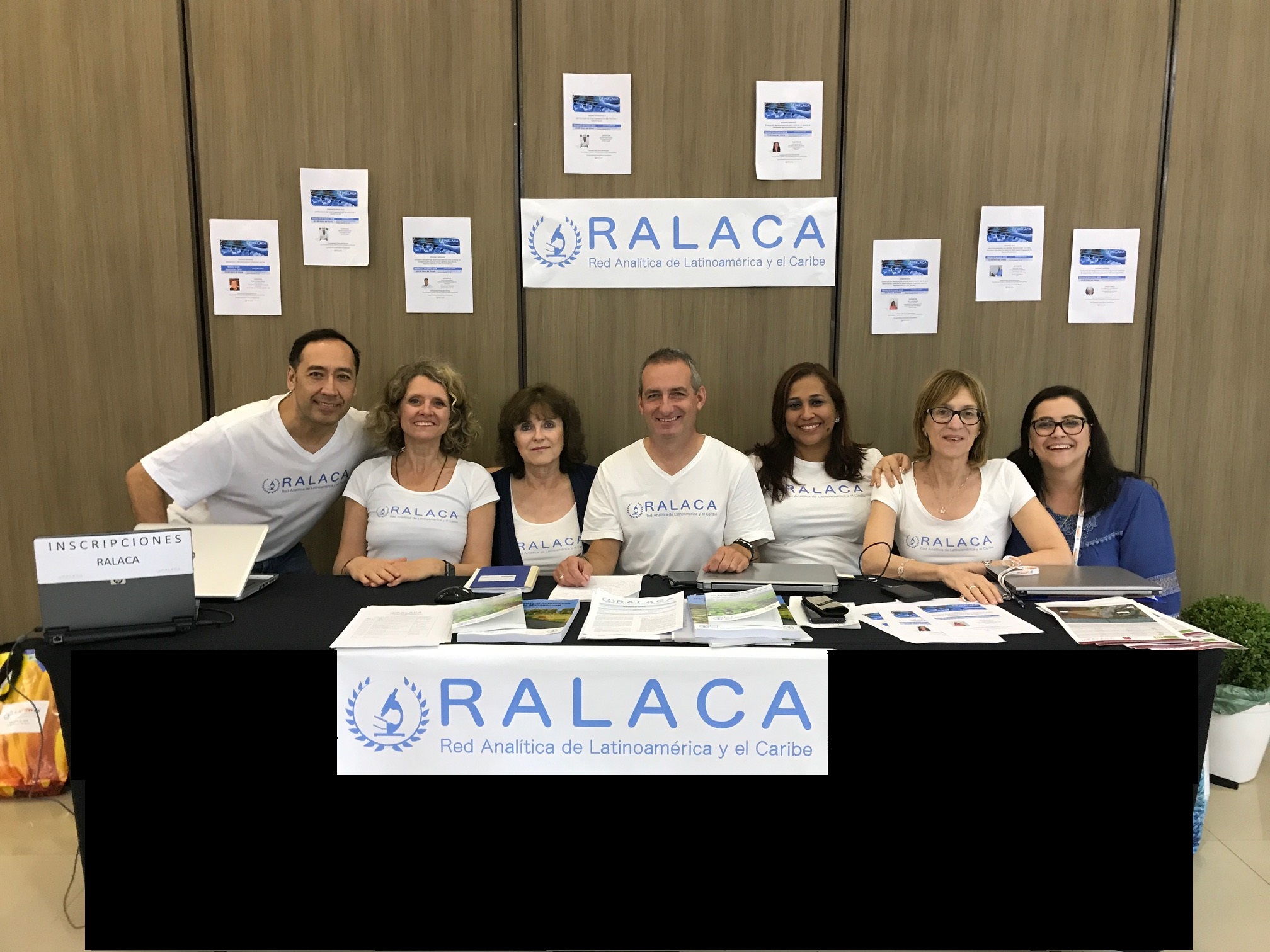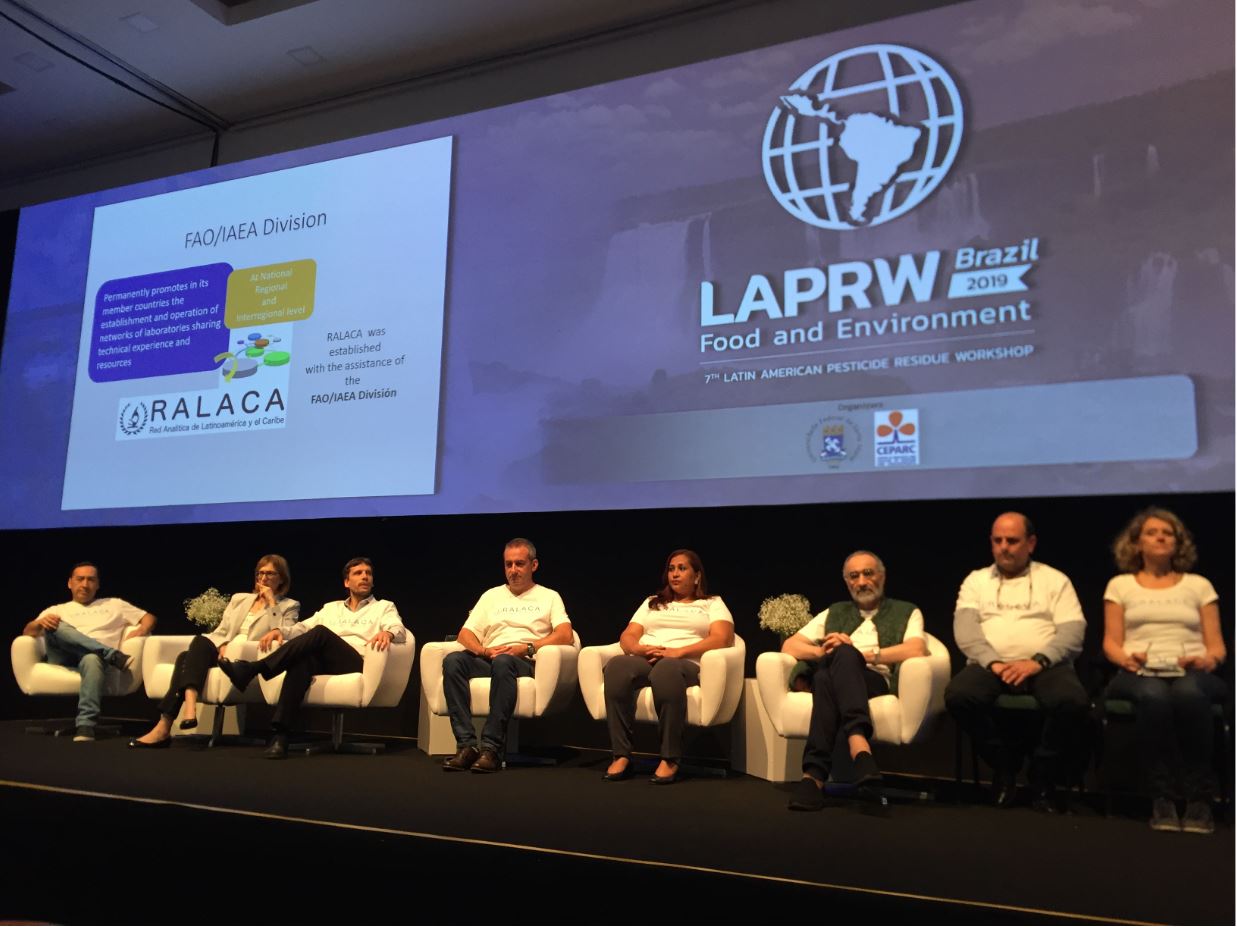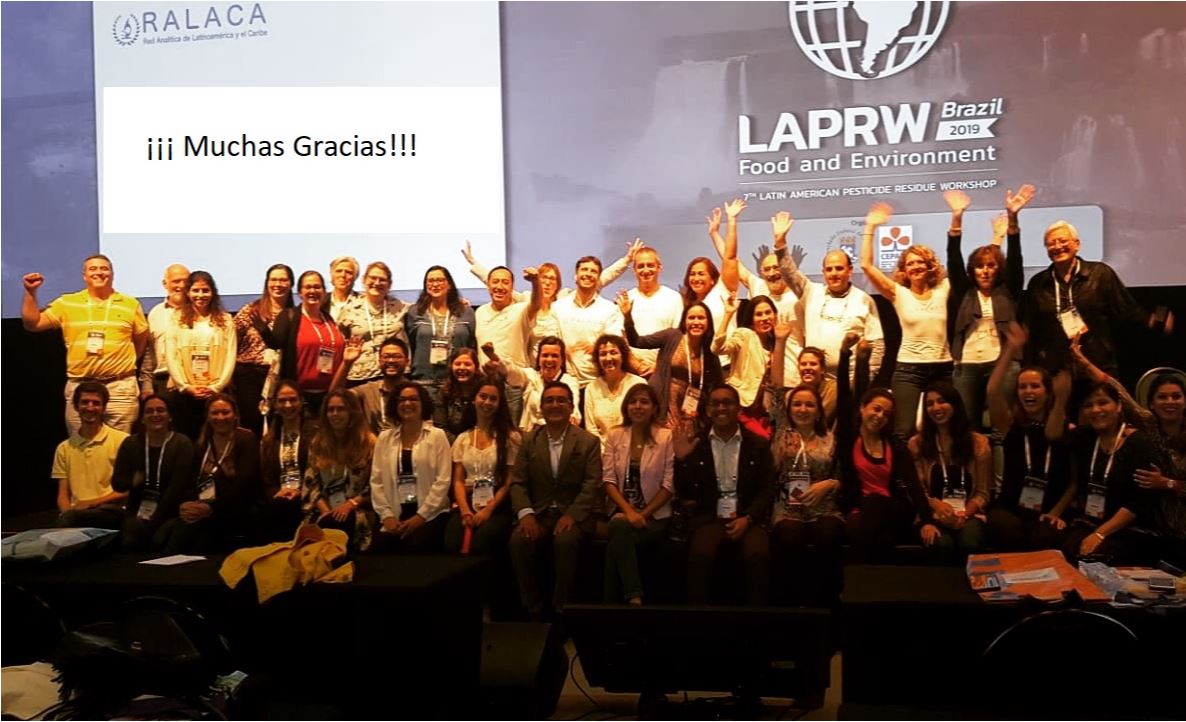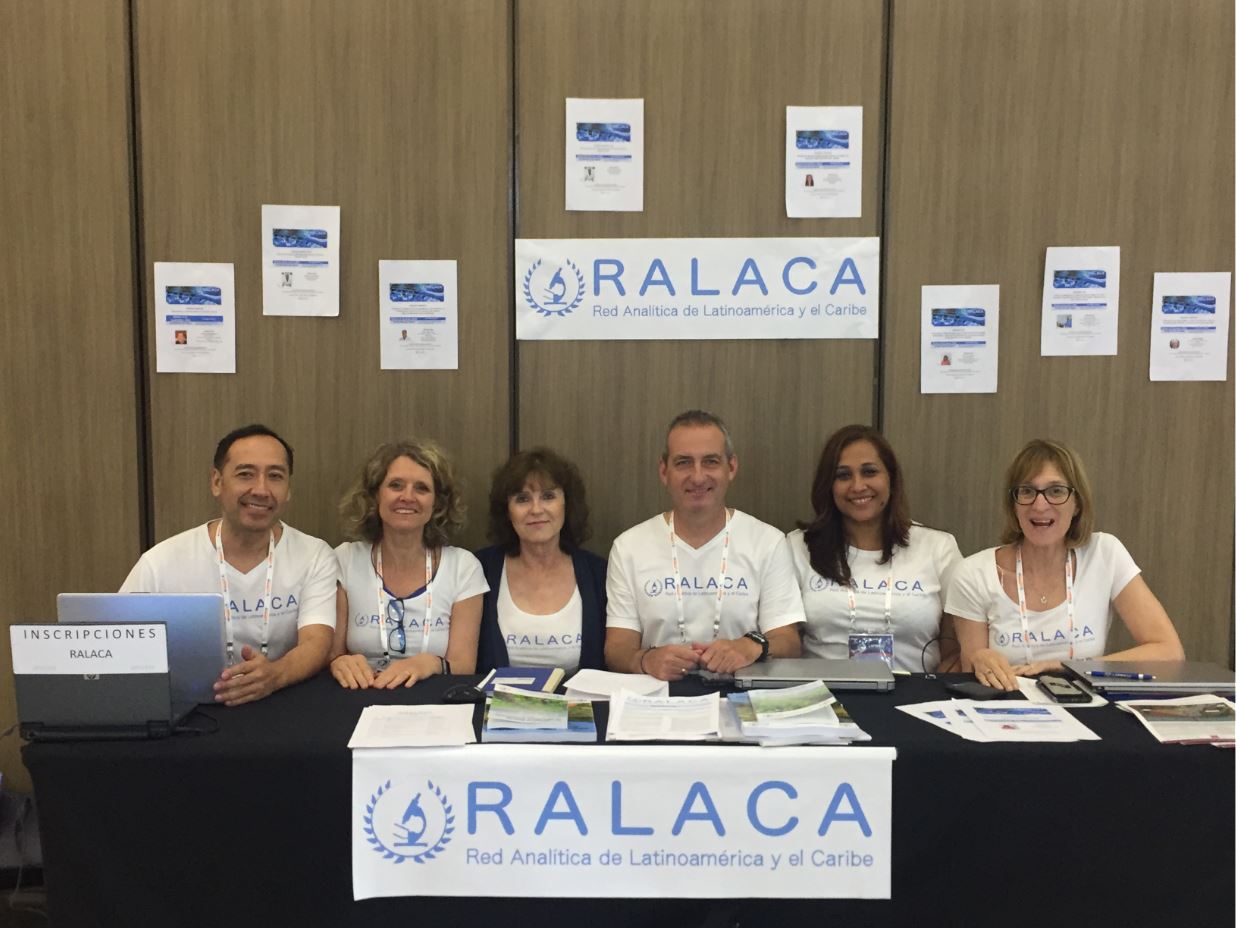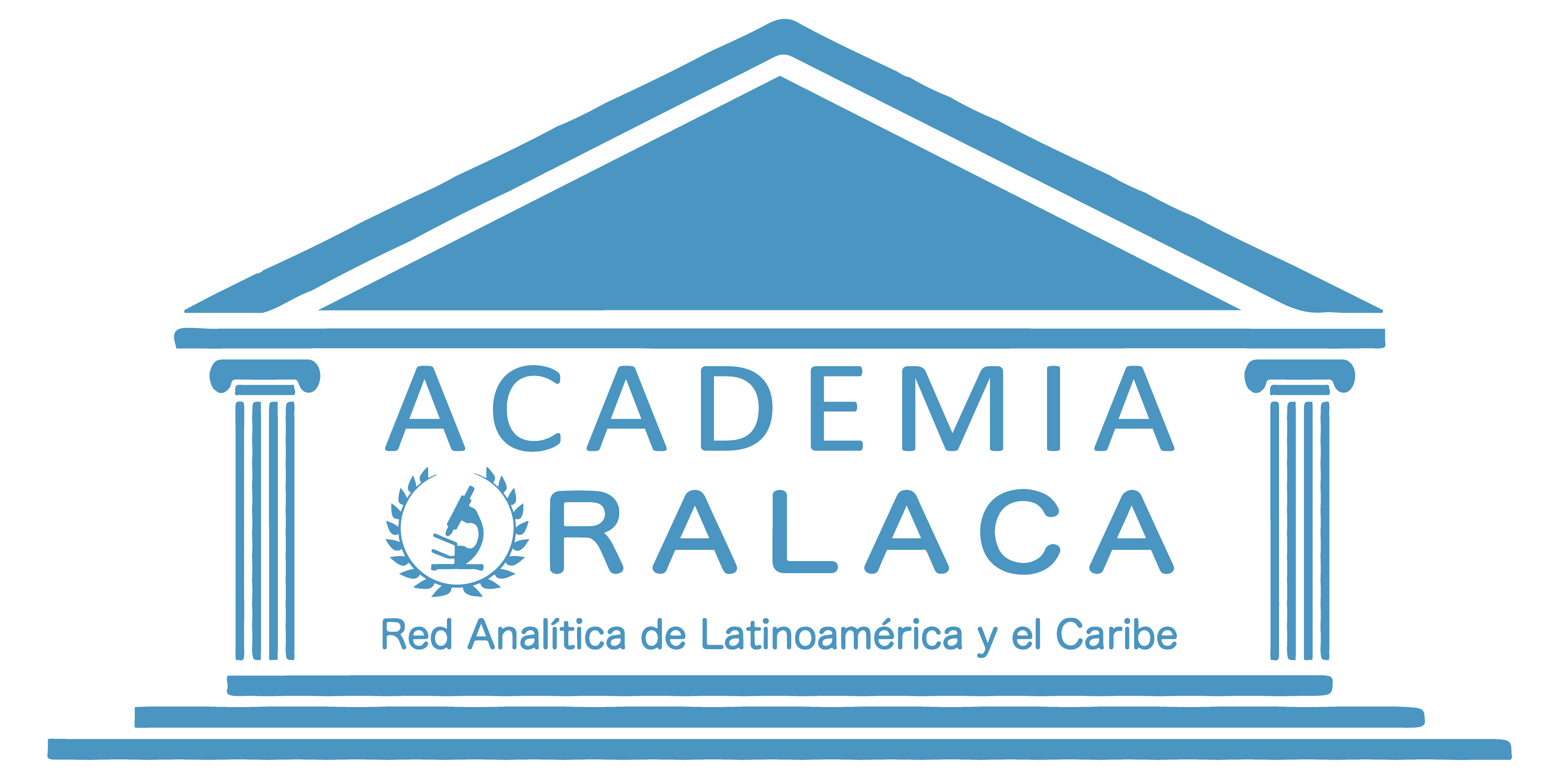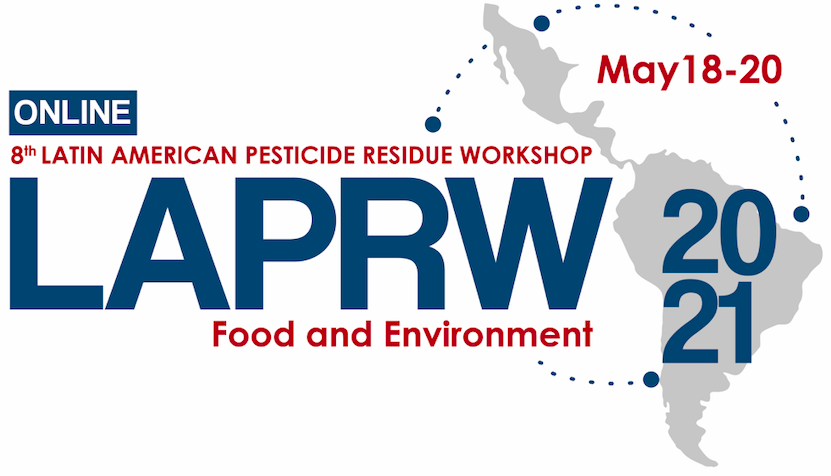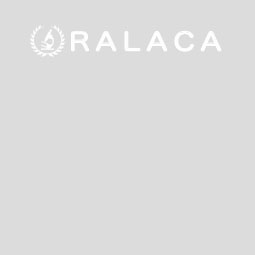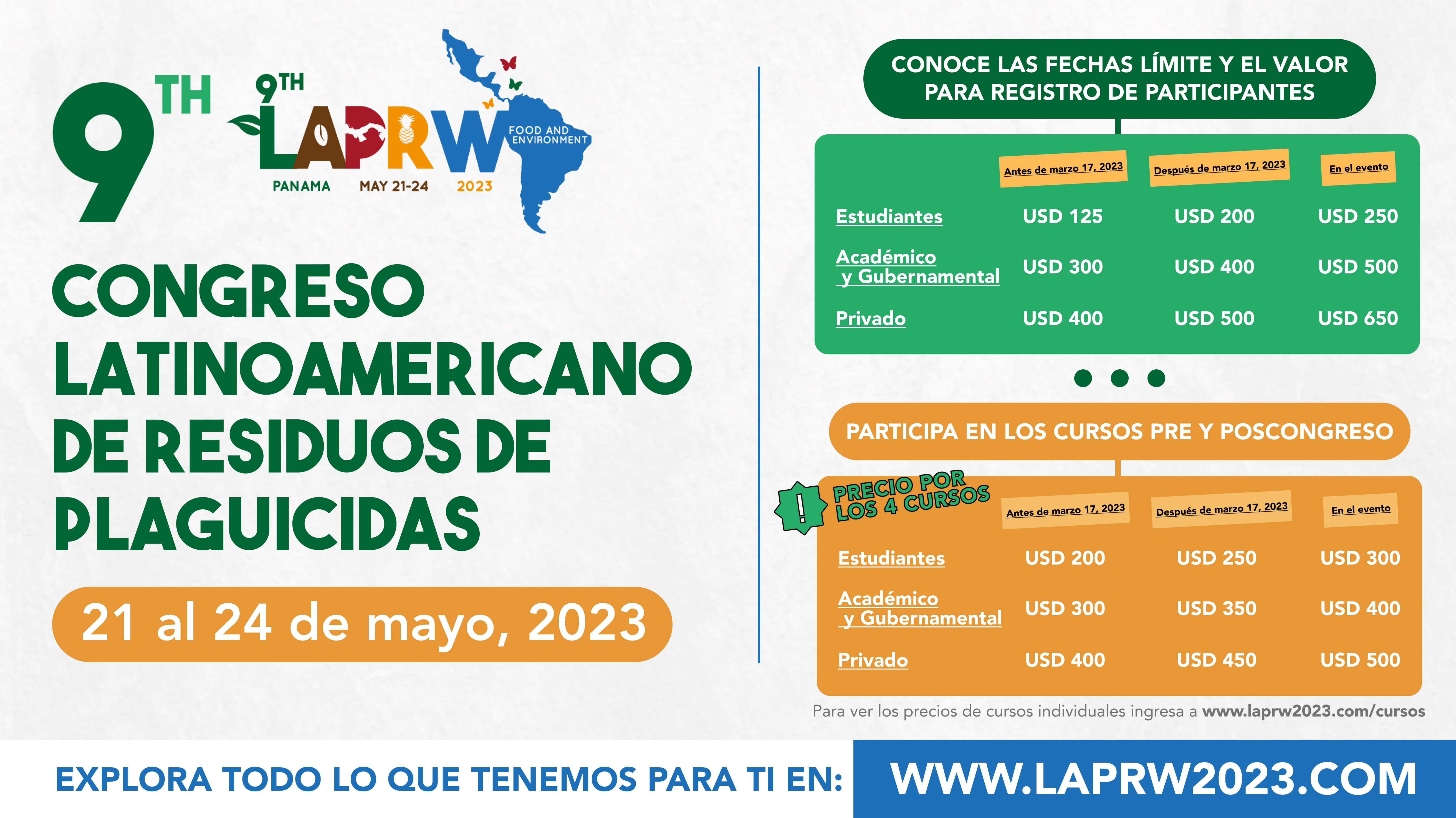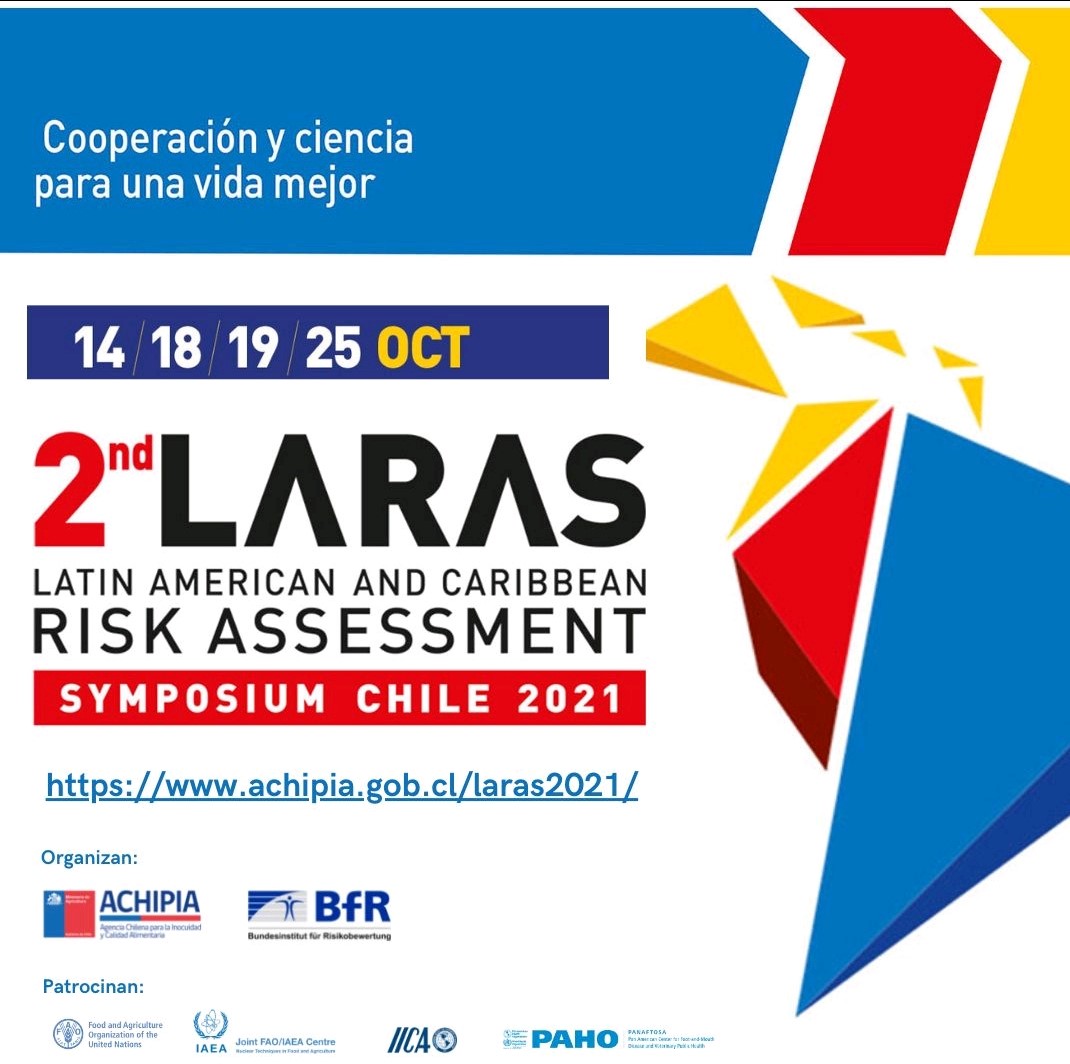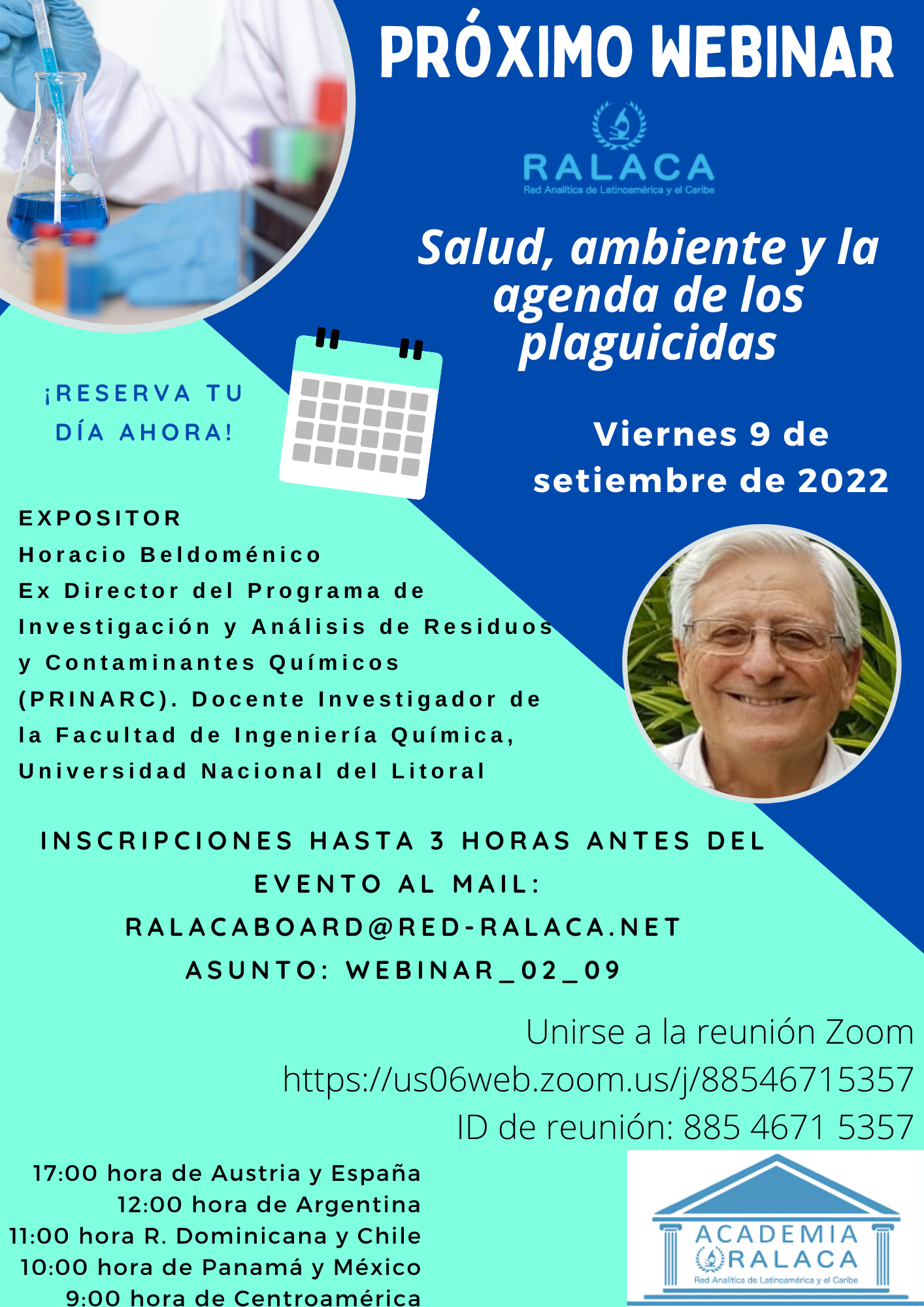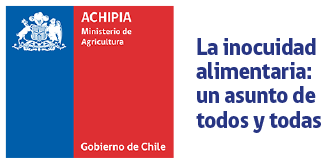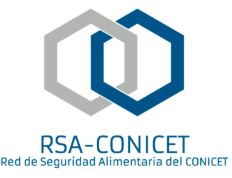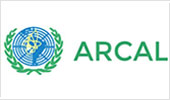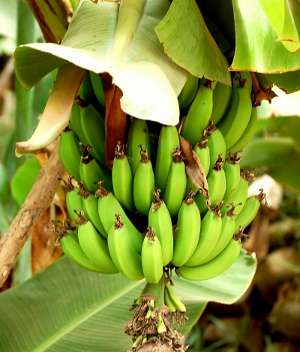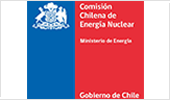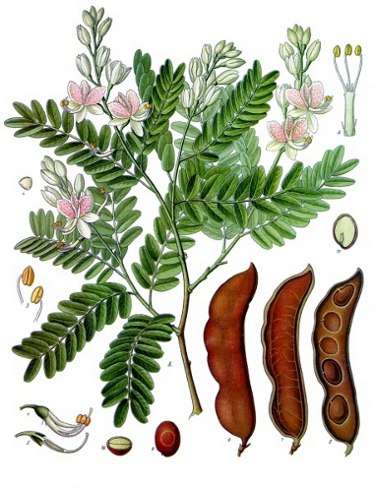|
|
|
|
Contact person: |
Dra. Lucía Pareja |
|
E-Mail: |
This email address is being protected from spambots. You need JavaScript enabled to view it. |
|
Mandate of the Laboratory: |
Research. Education. |
|
Role in the farm-to-fork chain: |
Organic contaminants. |
|
National Reference Laboratory: |
No |
|
Type of contaminants analysed: |
Pesticides, veterinary drugs, emergence contaminants. |
|
Matrices analysed: |
Soil, water, fruits, vegetables, rice; fish, bee products, meat |
|
Combination matrices and contaminants |
See annex |
|
Description of validated method used: |
Multiresidue methods, QuErchERS, AcOEt, MSPD and SPE |
|
Laboratory accredited according to |
No |
|
Provision of interpretation of residue |
It provides data interpretation |
|
Laboratory certified according to GLP: |
No |
|
Is laboratory available for research and |
Yes |
|
Is the laboratory available for quality |
Yes |
|
Is the laboratory available for expert |
Yes |
|
Is the laboratory available for ad hoc on- |
Yes |
|
Is the laboratory available for ad hoc |
Yes |
|
Is the laboratory available for |
Yes |
|
Is the laboratory available for |
Yes |
|
|
|
|
Contact person: |
Horacio Heinzen Verónica Cesio Andrés Pérez |
|
E-Mail: |
This email address is being protected from spambots. You need JavaScript enabled to view it. |
|
Mandate of the Laboratory: |
Teaching, Research, Method development |
|
Role in the farm-to-fork chain: |
To develop new analytical methodologies and to analyze difficult |
|
National Reference Laboratory: |
It Integrates the National Surveillance Program of pesticide |
|
Type of contaminants analysed: |
Pesticides: insecticides, fungicides &herbicides |
|
Matrices analysed: |
Fruits & Vegetables (emphasis in citrus fruits) Herbal medicines Cereals (rice) Soybeans Environmental samples( Water, Soils) |
|
Combination matrices and contaminants |
54 GC amenable pesticides analyzed in |
|
Description of validated method used: |
QuEChERS SweEt Miniluke Variations and modifications thereof |
|
Laboratory accredited according to |
No |
|
Provision of interpretation of residue |
It provides data interpretation |
|
Laboratory certified according to GLP: |
No |
|
Is laboratory available for research and |
Yes |
|
Is the laboratory available for quality |
Yes |
|
Is the laboratory available for expert |
Yes |
|
Is the laboratory available for ad hoc on- |
Yes |
|
Is the laboratory available for ad hoc |
Yes |
|
Is the laboratory available for |
Yes |
|
Is the laboratory available for |
Yes |
|
|
|
|
Contact person: |
Osvaldo Rampoldi |
|
E-Mail: |
This email address is being protected from spambots. You need JavaScript enabled to view it. |
|
Mandate of the Laboratory: |
El laboratorio DILAVE cumple funciones de Contralor (Inocuidad |
|
Role in the farm-to-fork chain: |
En el Departamento Protección de Alimentos se desarrollan los |
|
National Reference Laboratory: |
Sí. El laboratorio de Residuos y Contaminantes desarrolla los |
|
Type of contaminants analysed: |
Plaguicidas |
|
Matrices analysed: |
Músculo, Hígado, riñón, grasa, orina, leche, manteca |
|
Combination matrices and |
Ver anexo DILAVE.pdf |
|
Description of validated method used: |
Todos |
|
Laboratory accredited according to |
Sí |
|
By which accreditation body? |
Organismo Uruguayo de Acreditación (OUA) |
|
Provision of interpretation of residue |
Sí, además del resultado analítico, se informa si la muestra es |
|
Laboratory certified according to GLP: |
No |
|
Is laboratory available for research and |
Sí. Debe ser evaluada cada propuesta. |
|
Is the laboratory available for quality |
Sí. Debe ser evaluada cada propuesta. |
|
Is the laboratory available for expert |
Sí. Debe ser evaluada cada propuesta. |
|
Is the laboratory available for ad hoc on- |
Sí. Debe ser evaluada cada propuesta. |
|
Is the laboratory available for ad hoc |
Sí. Debe ser evaluada cada propuesta. |
|
Is the laboratory available for |
No. El DILAVE aún no cubre dicha actividad. |
|
Is the laboratory available for |
No. El DILAVE aún no cubre dicha actividad. |
|
|
|
|
Contact person: |
Q.F. Susana Franchi, Jefe de Sección Residuos de Plaguicidas |
|
E-Mail: |
This email address is being protected from spambots. You need JavaScript enabled to view it. |
|
Mandate of the Laboratory: |
El Laboratorio de Residuos de Plaguicidas de la Dirección General 1. Analizar las muestras del Plan Nacional de Vigilancia de 2. Coordinar el envío de muestras a los demás Laboratorios 3. Recibir los resultados de las muestras analizadas por estos 4. Analizar las muestras provenientes de inspecciones Oficiales |
|
Role in the farm-to-fork chain: |
En este sentido la Dirección General de Servicios Agrícolas cumple 1. Registro de Plaguicidas de uso Agrícola. |
|
National Reference Laboratory: |
No es de referencia, pero sí es el Laboratorio Oficial en la material |
|
Type of contaminants analysed: |
Residuos de plaguicidas. |
|
Matrices analysed: |
Productos vegetales in natura y muestras ambientales (suelo y |
|
Combination matrices and |
|
|
Description of validated method used: |
|
|
Laboratory accredited according to |
No, aunque se encuentra en proceso de implementación de la |
|
Provision of interpretation of residue |
Sí, en caso de que lo soliciten |
|
Laboratory certified according to GLP: |
No |
|
Is laboratory available for research and |
|
|
Is the laboratory available for quality |
|
|
Is the laboratory available for expert |
|
|
Is the laboratory available for ad hoc on- |
|
|
Is the laboratory available for ad hoc |
|
|
Is the laboratory available for |
|
|
Is the laboratory available for |
|
 Vienna, Austria
Vienna, Austria 

